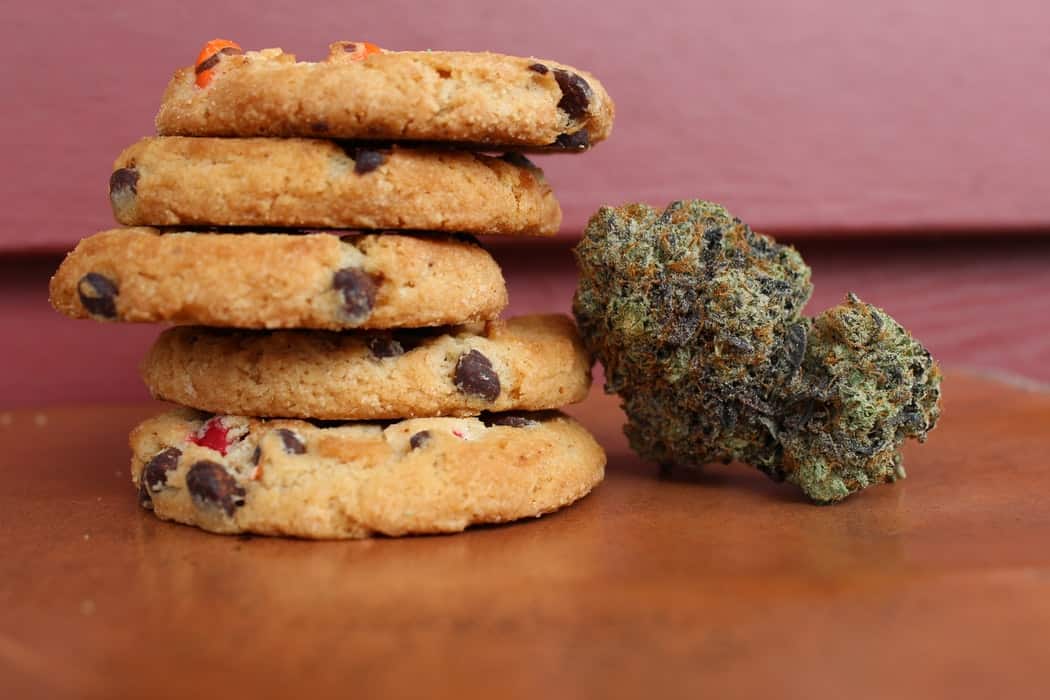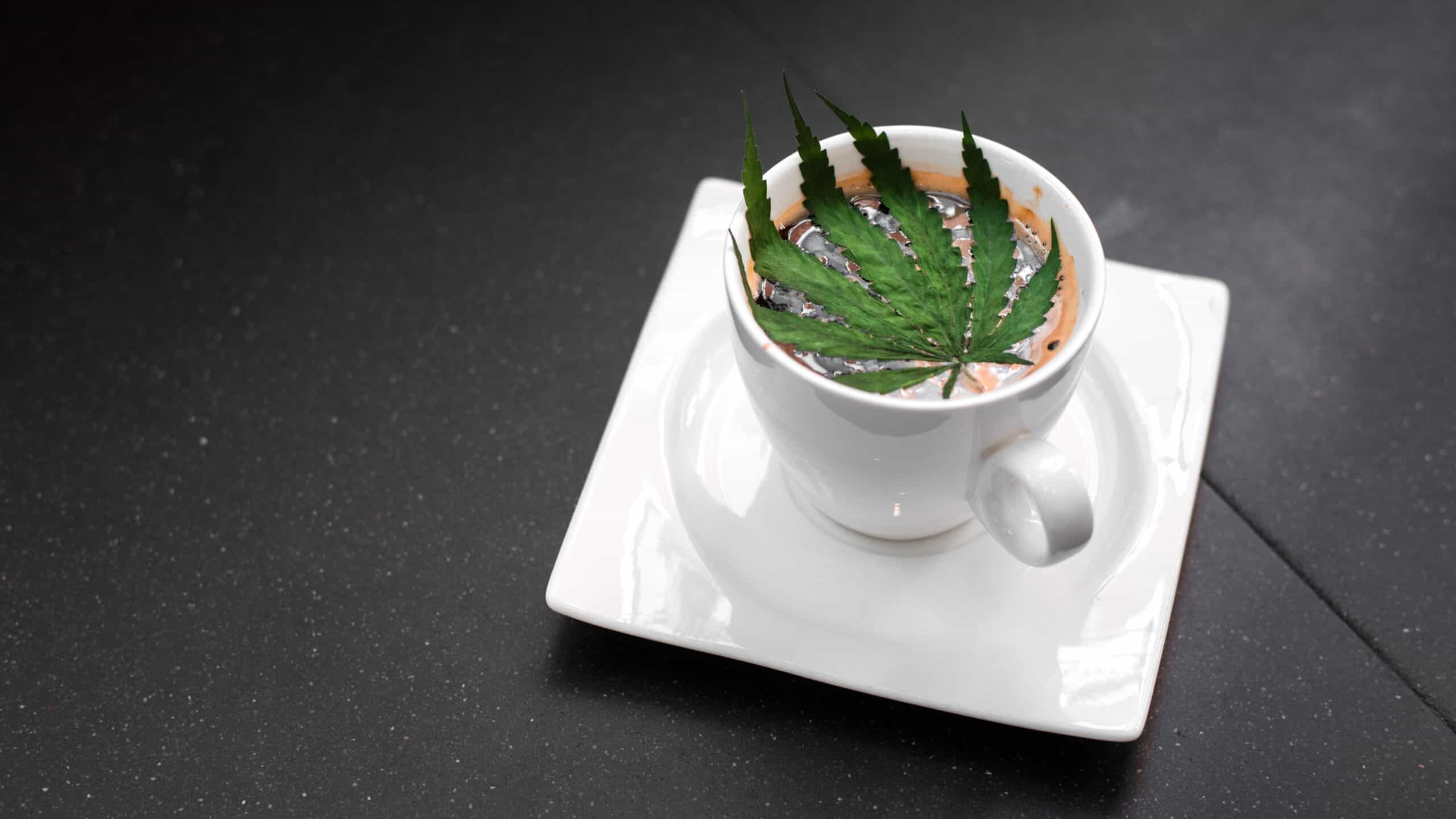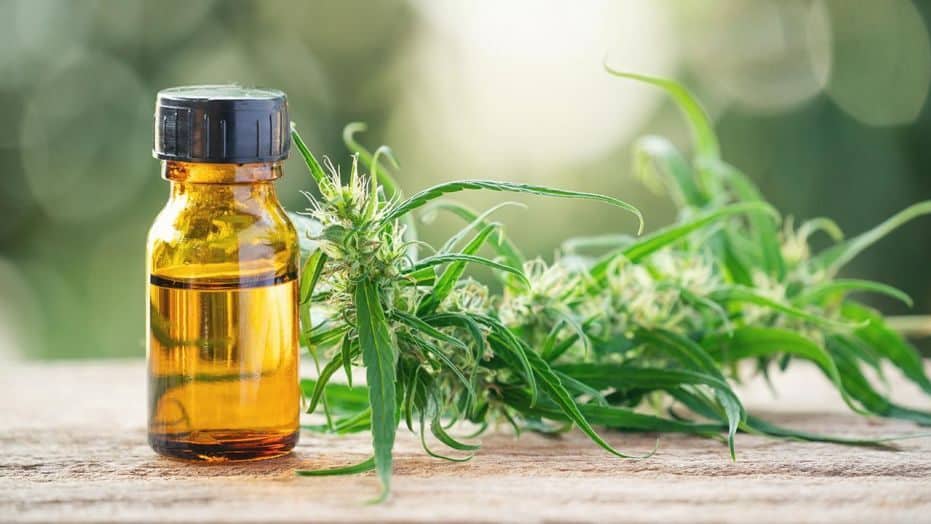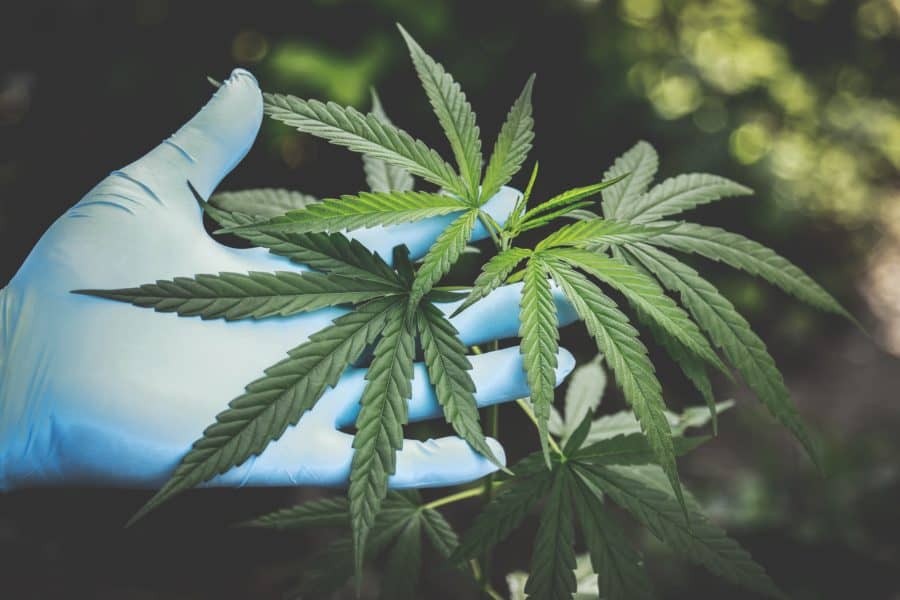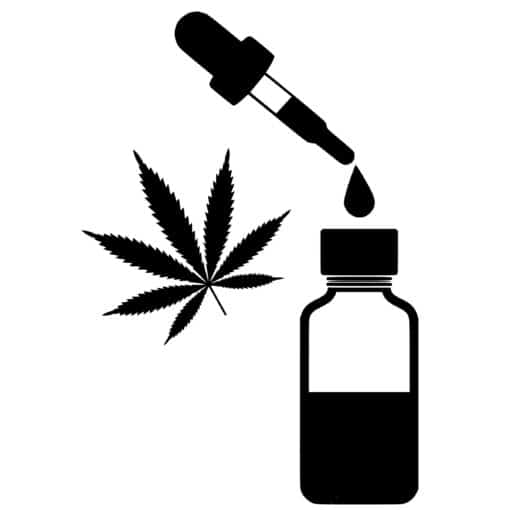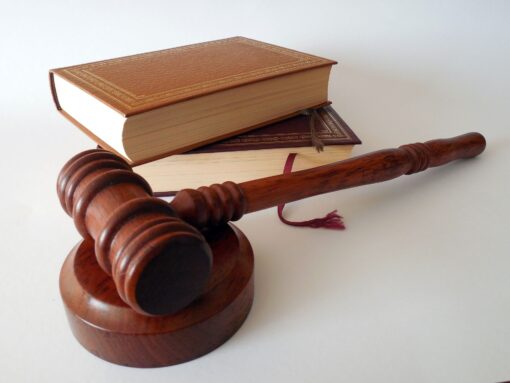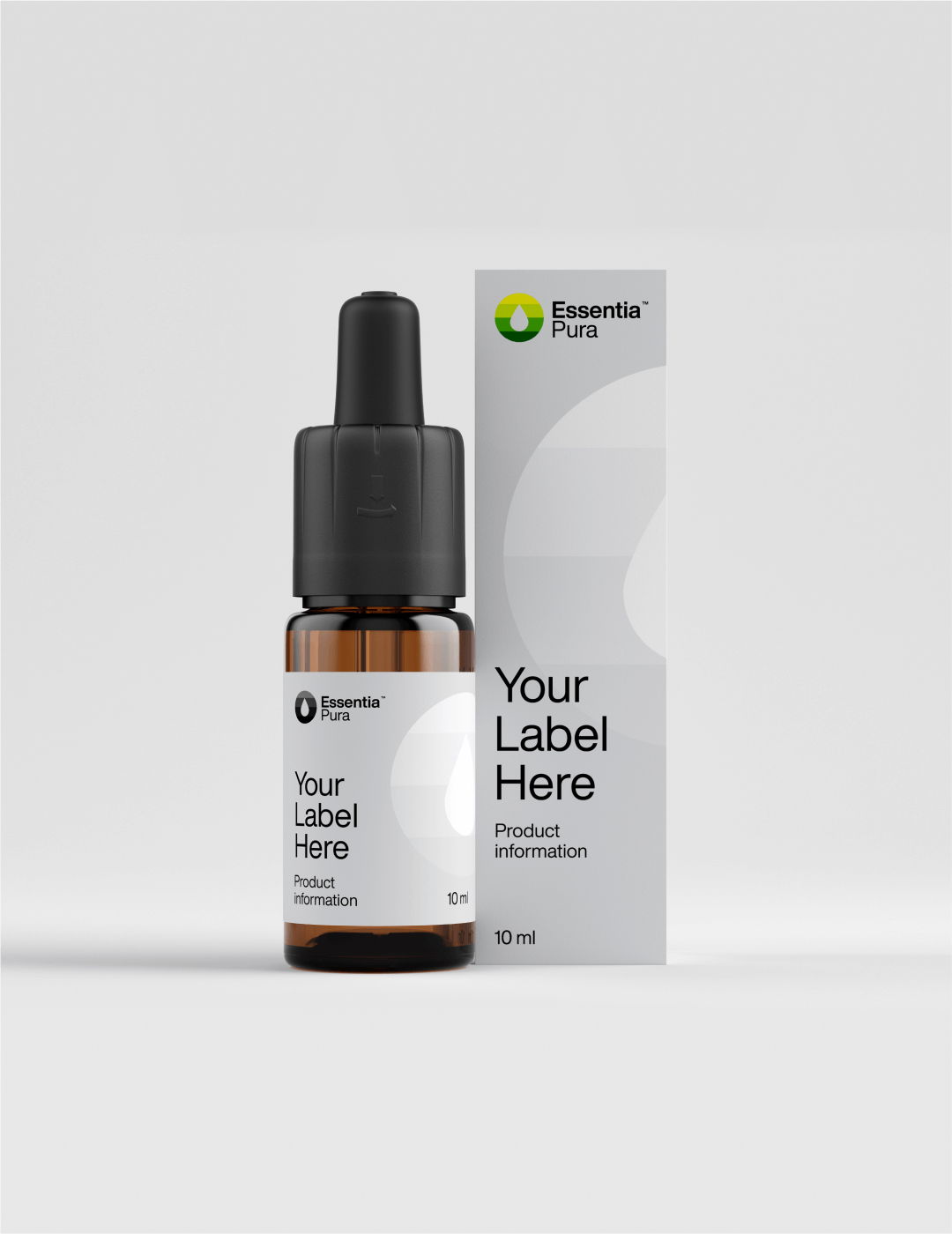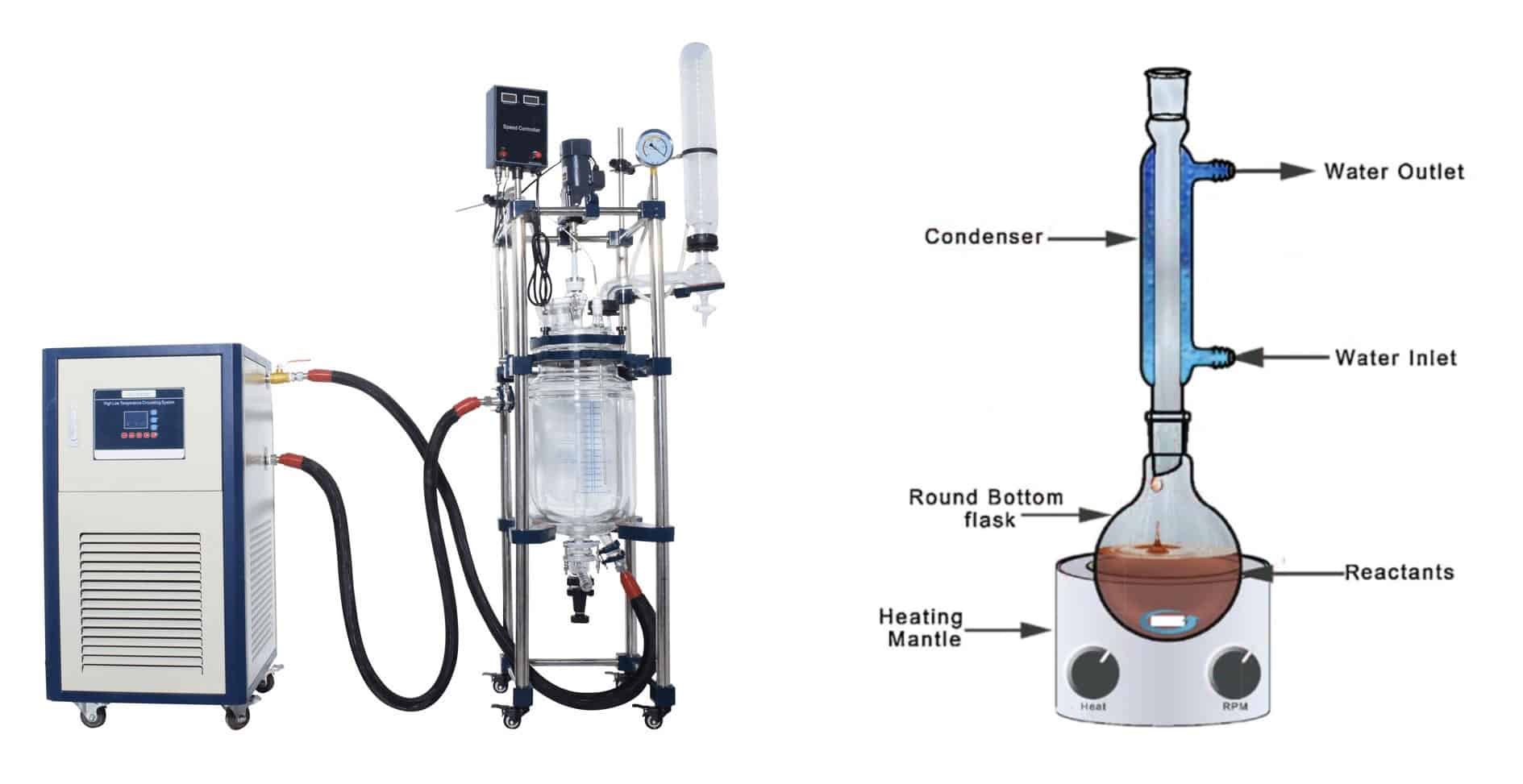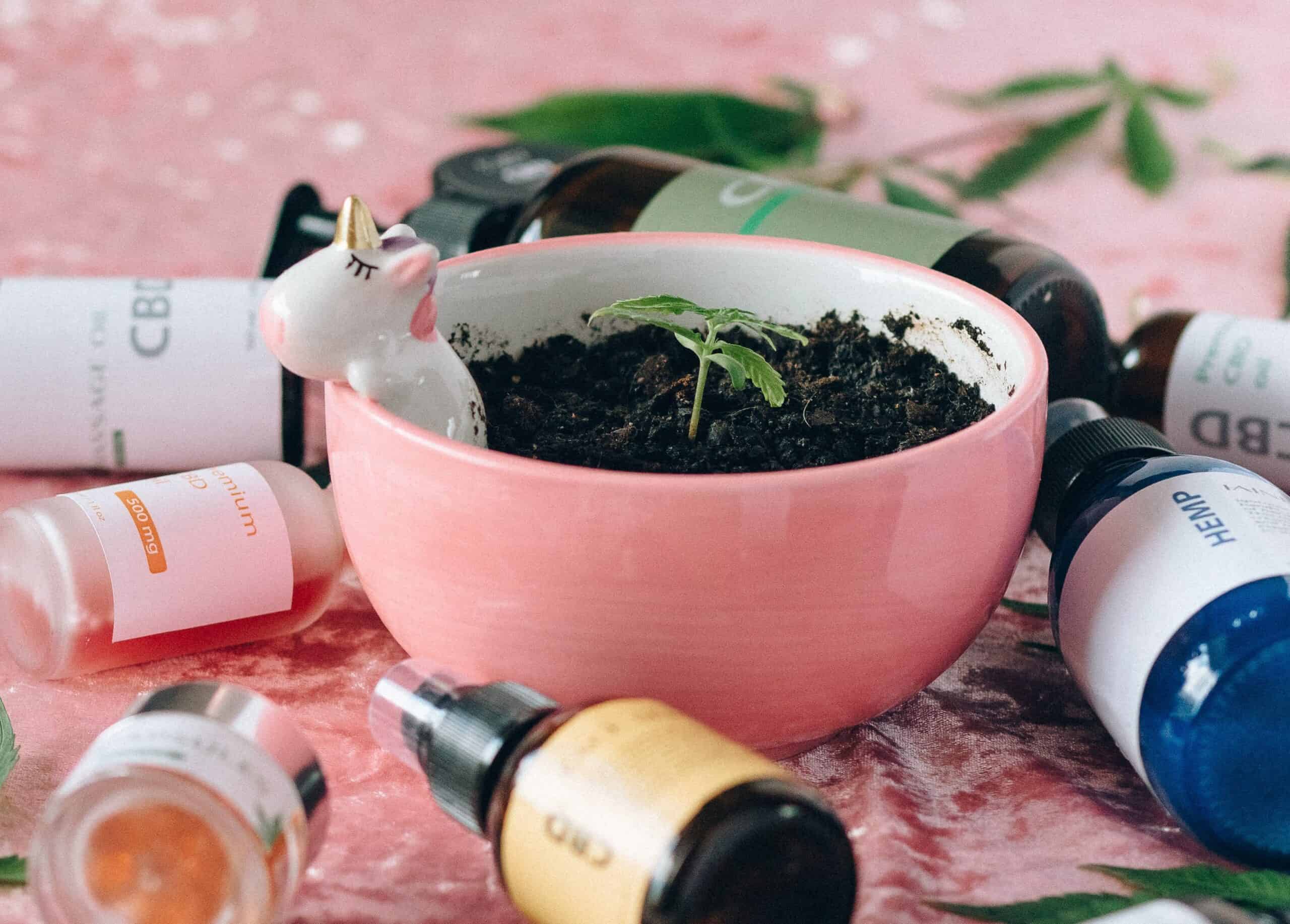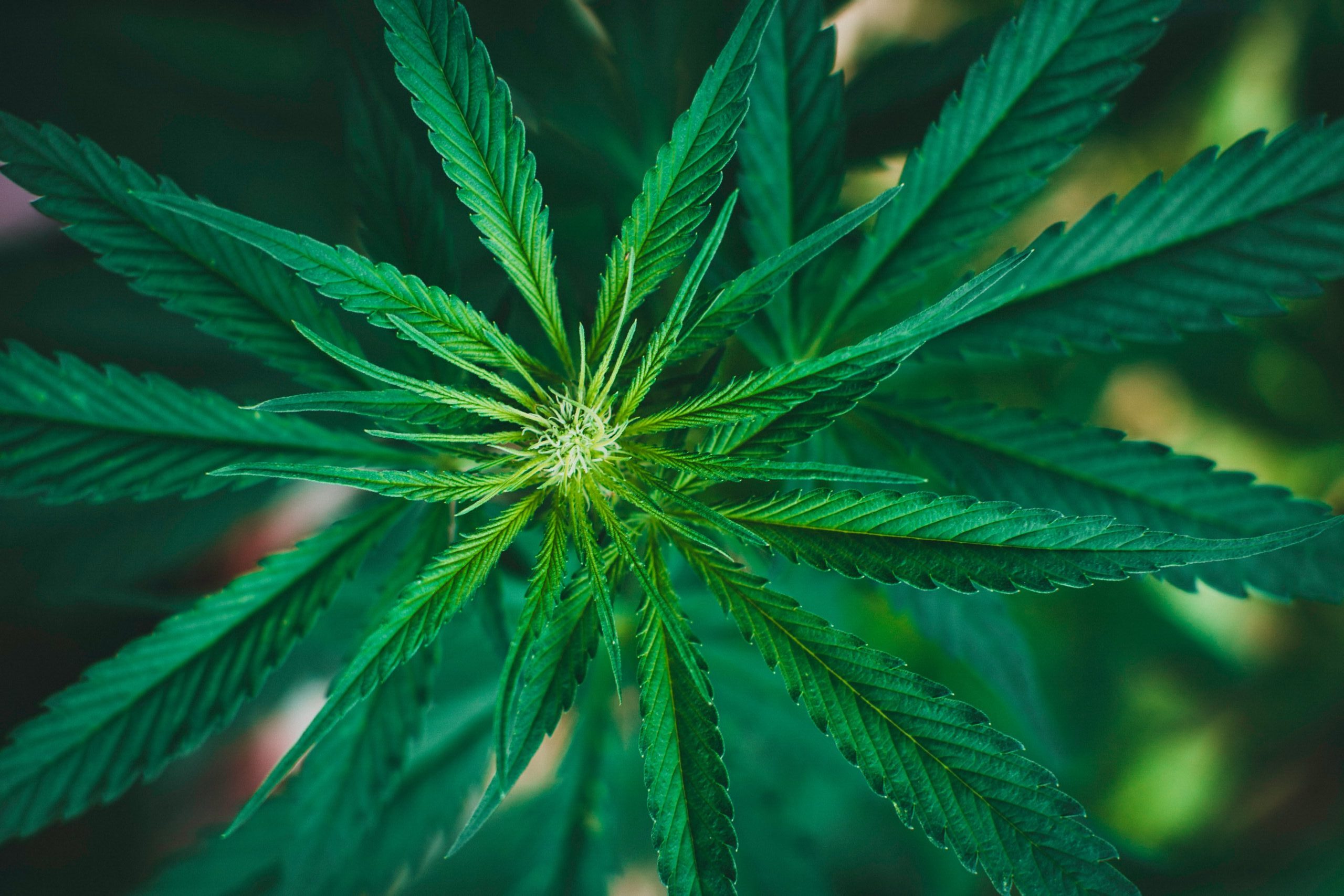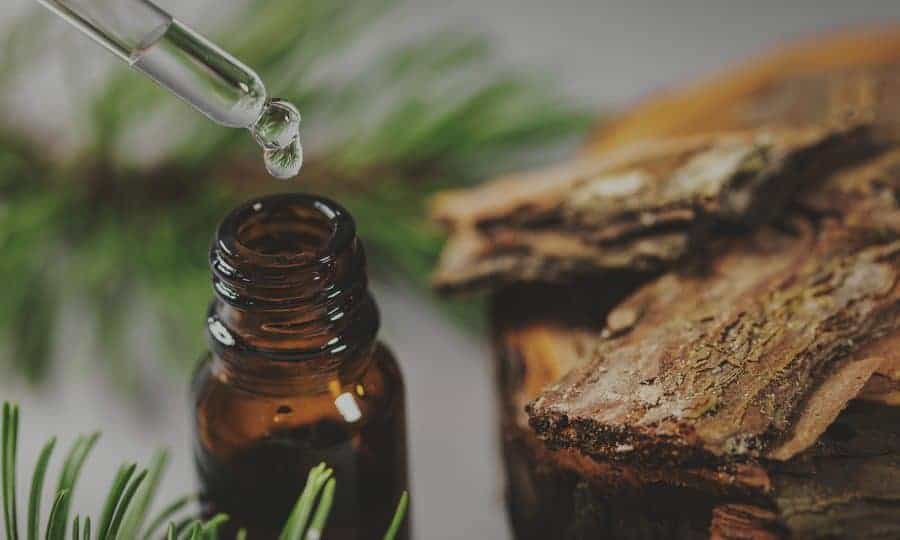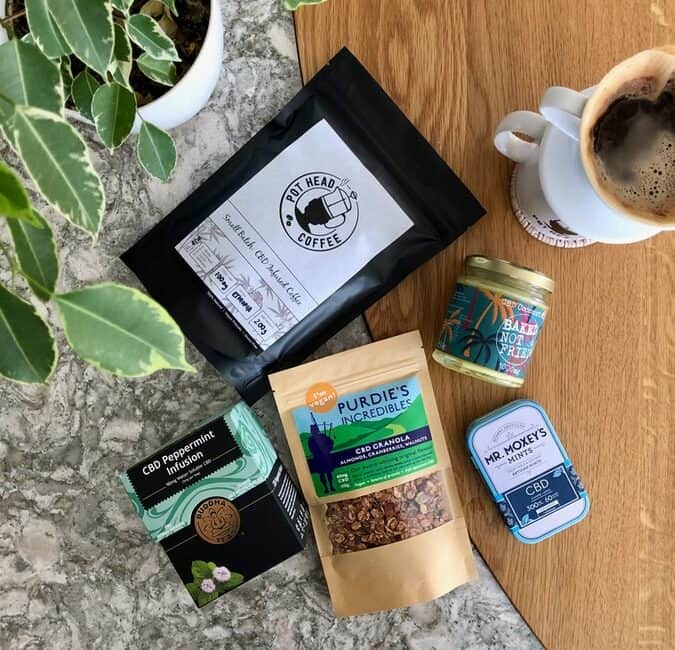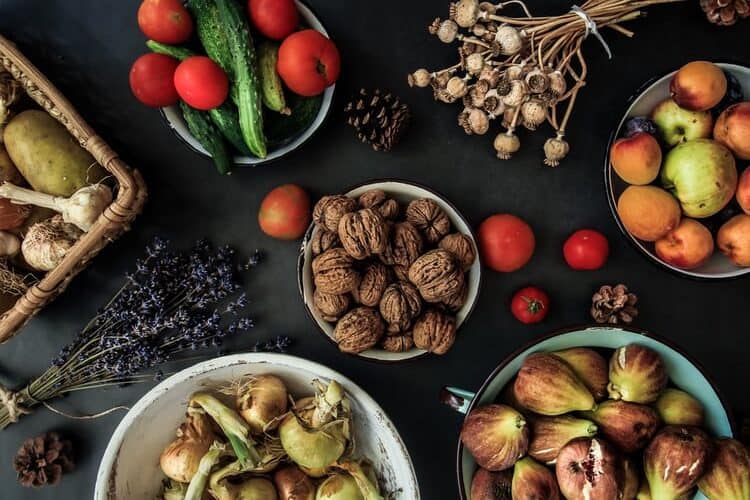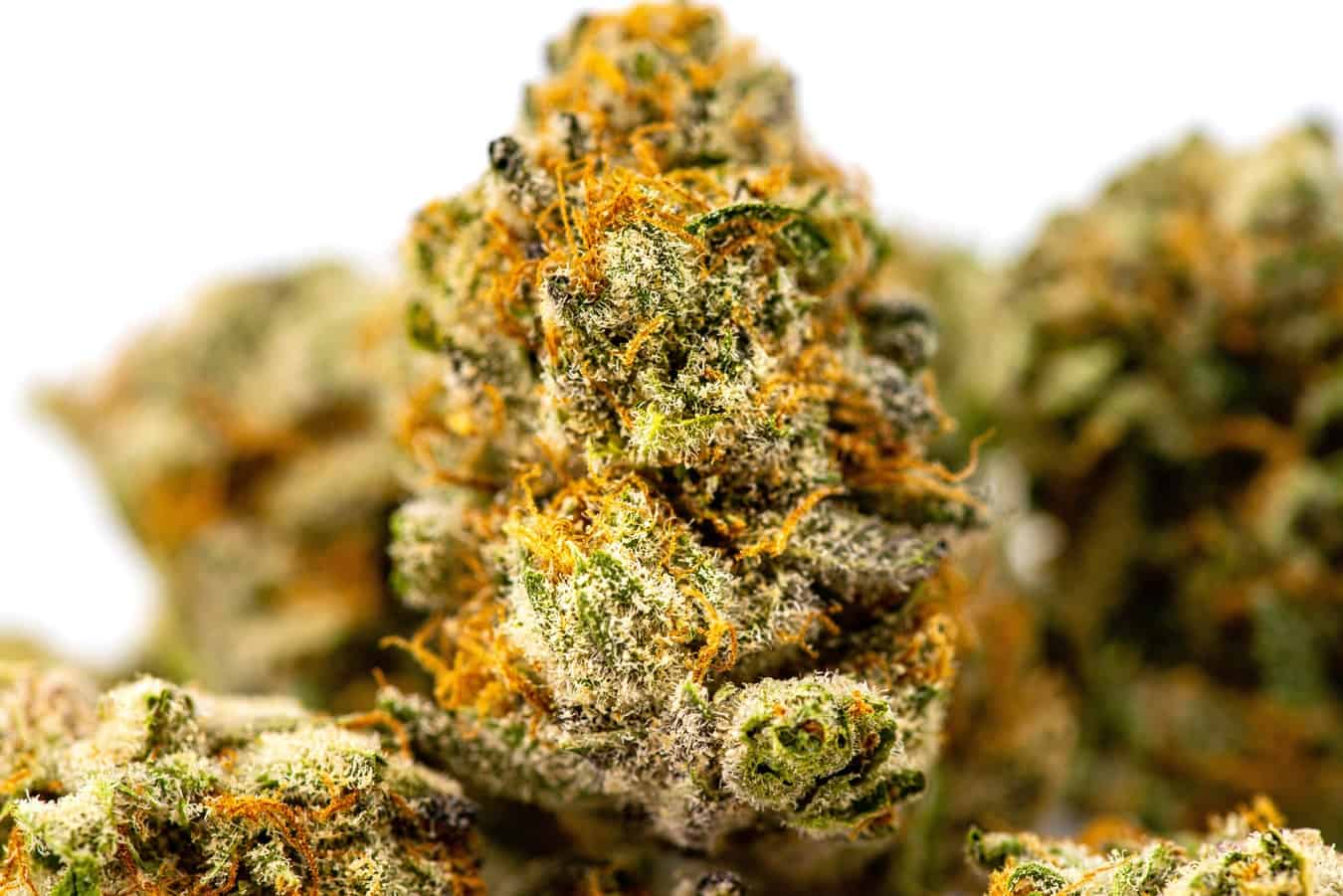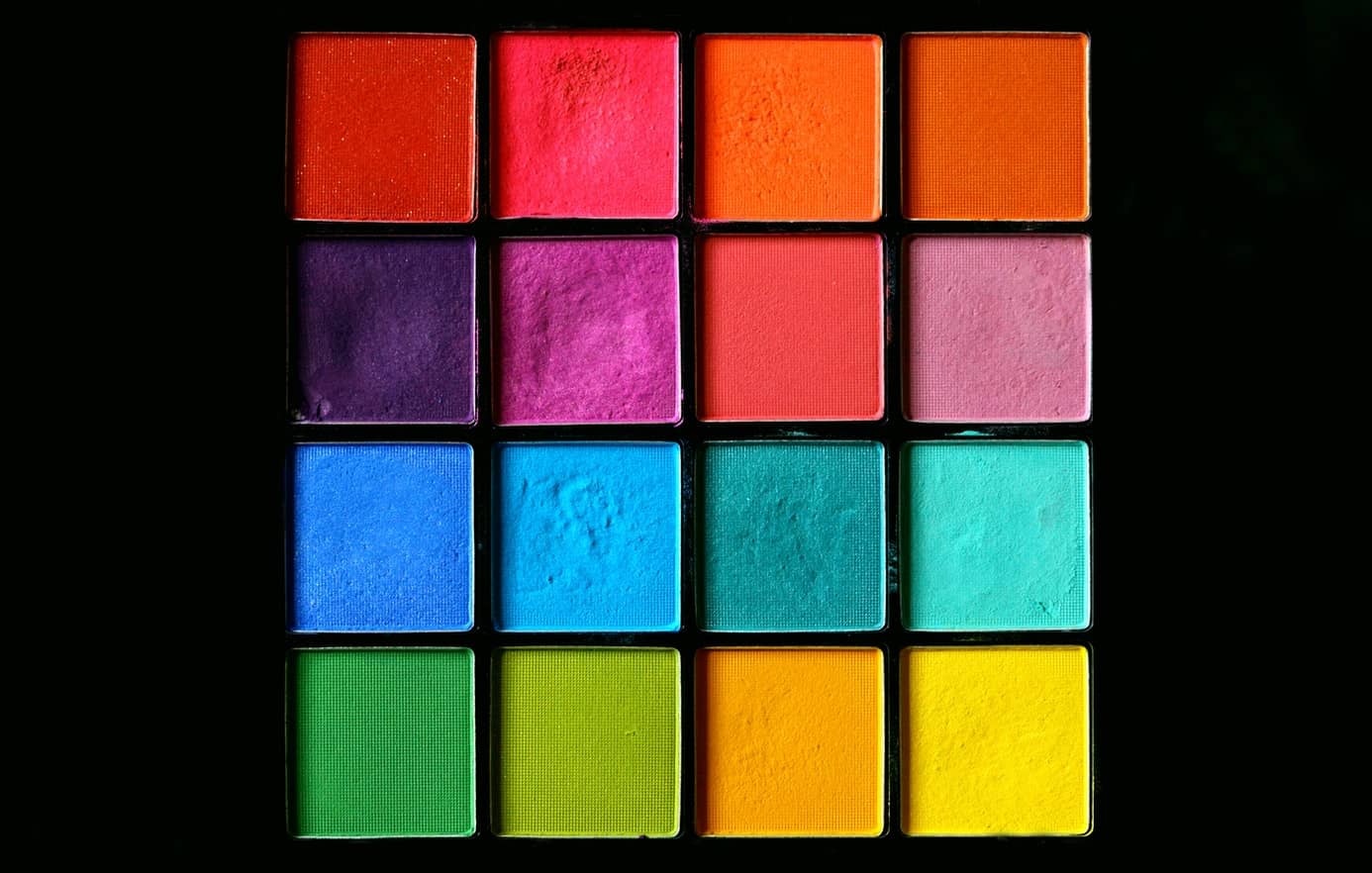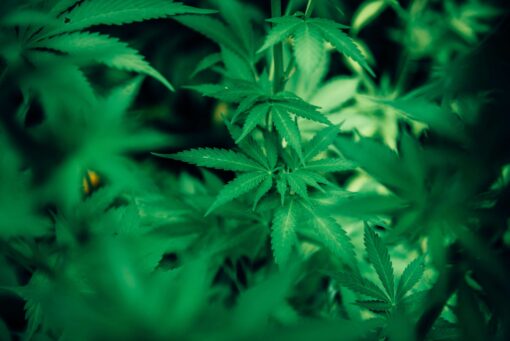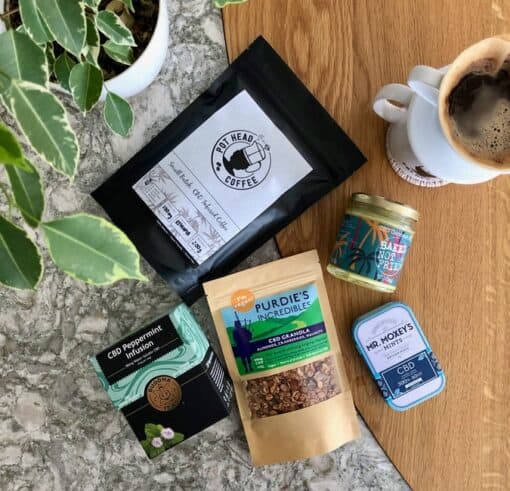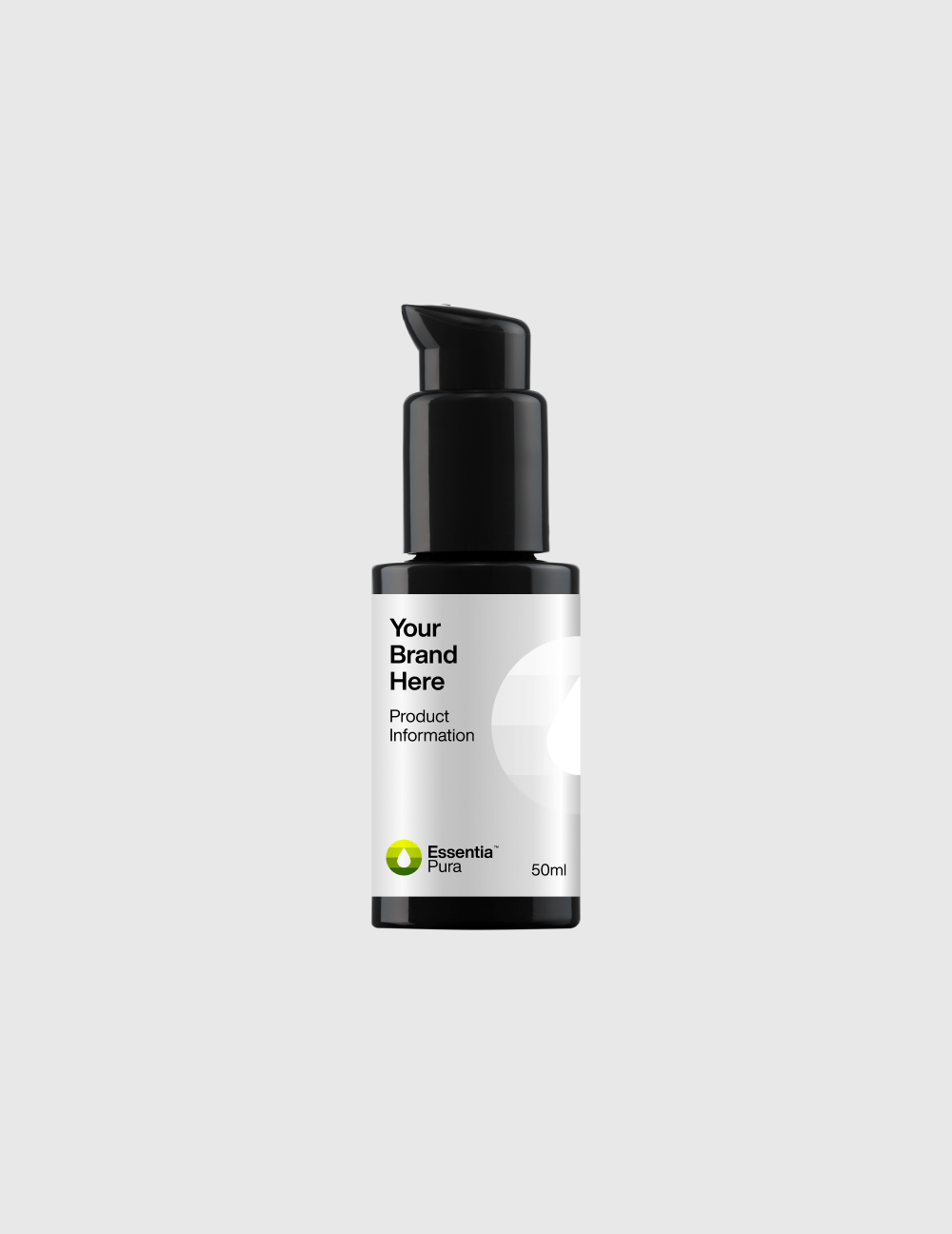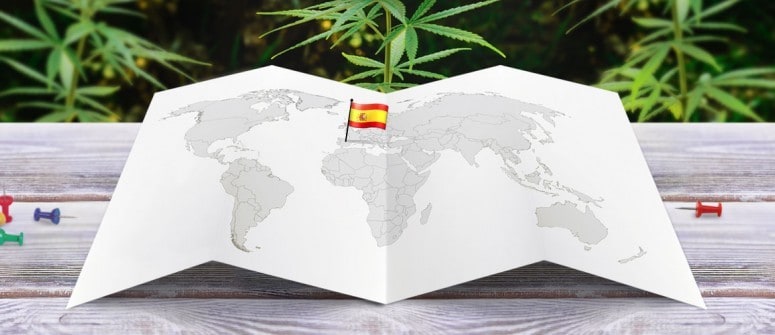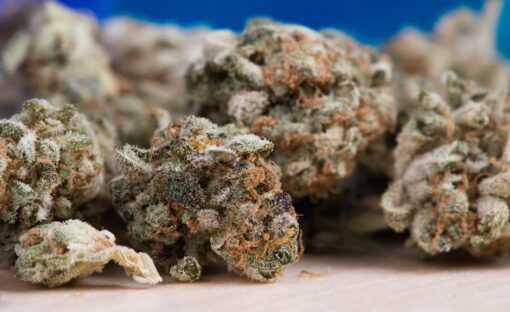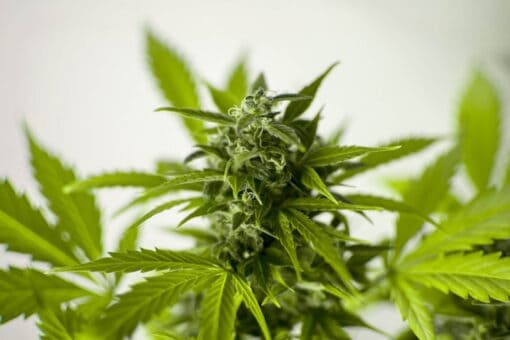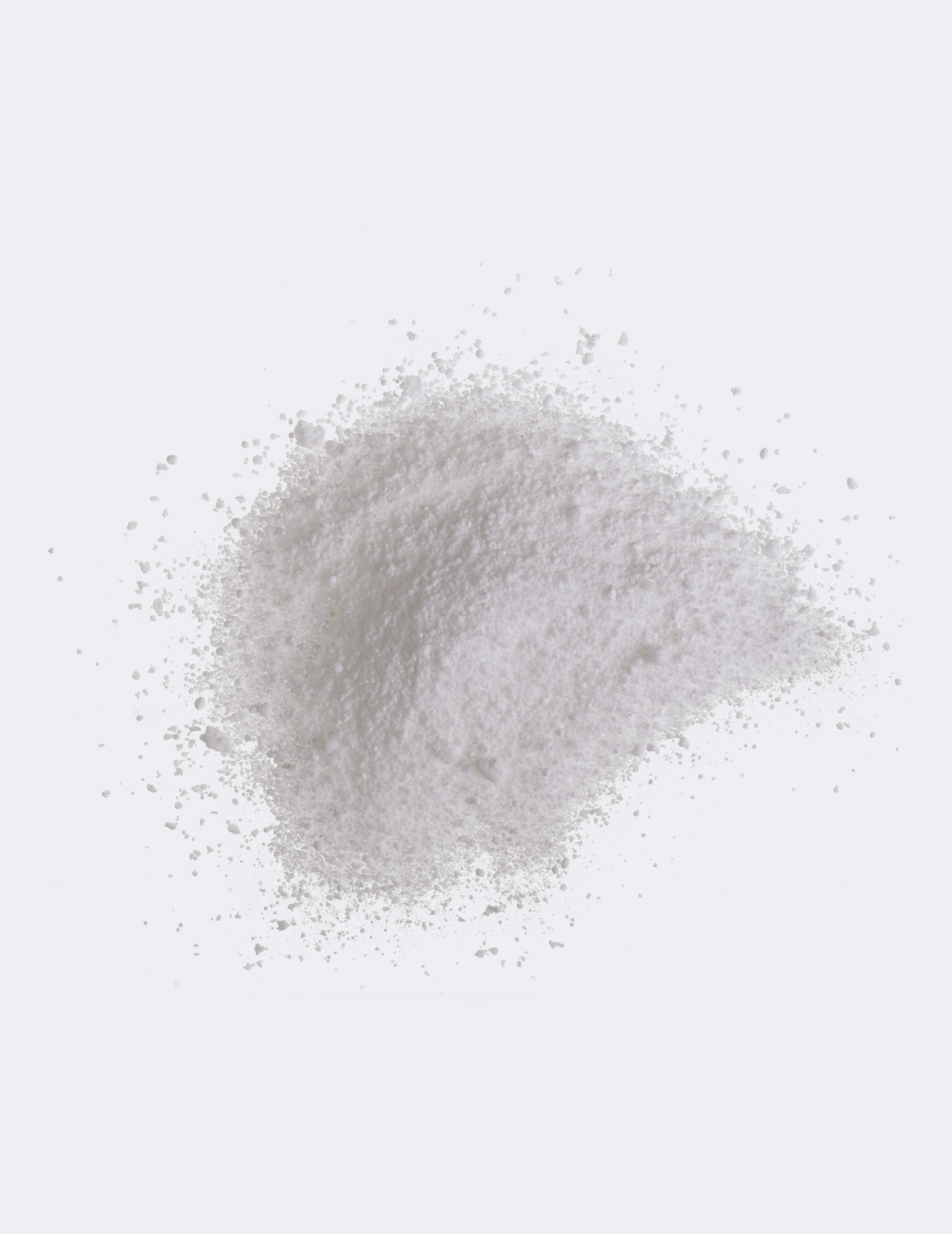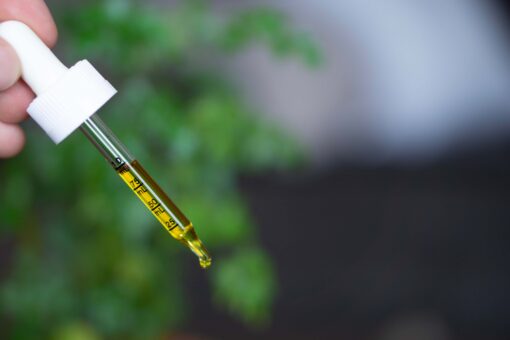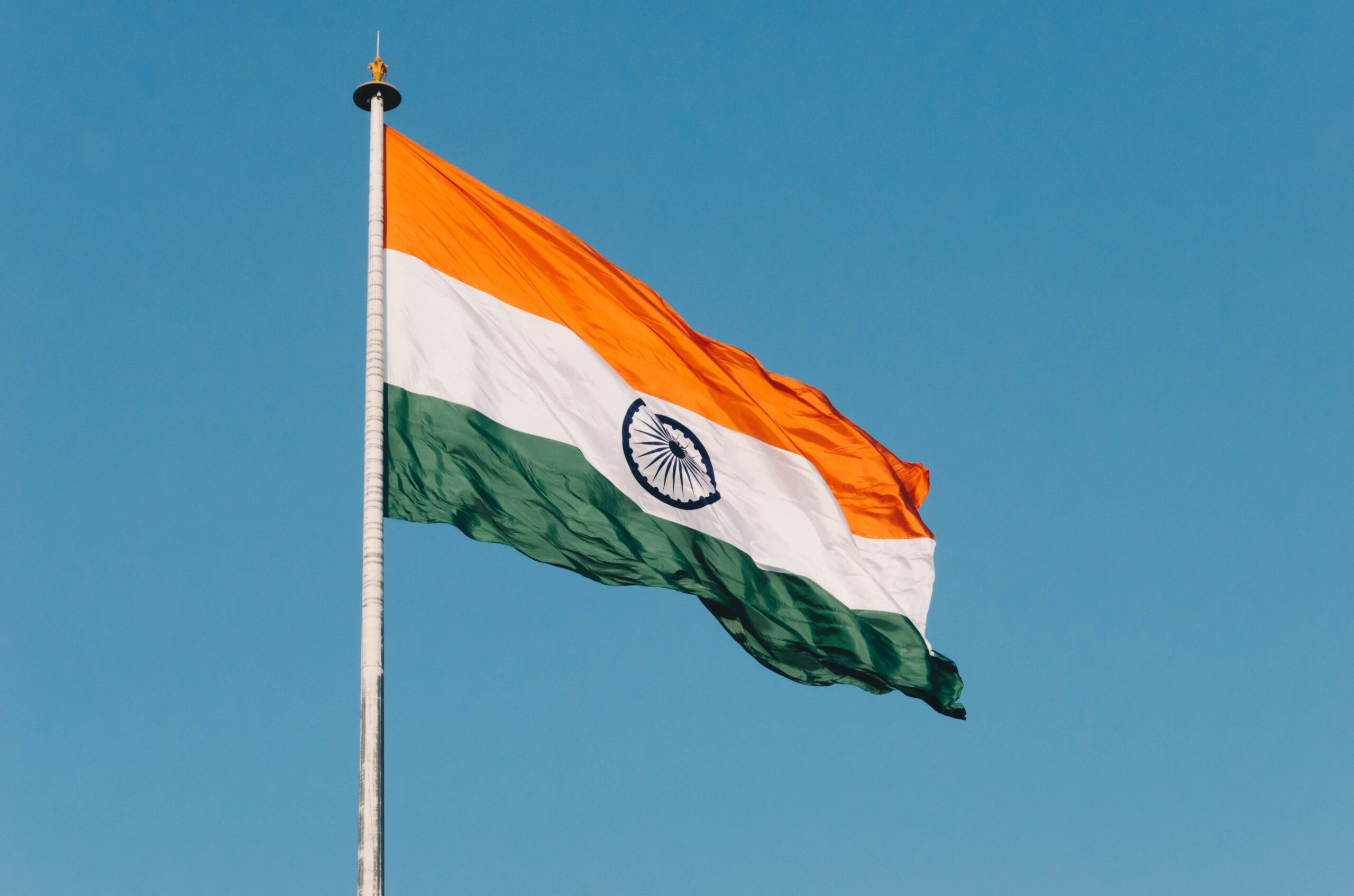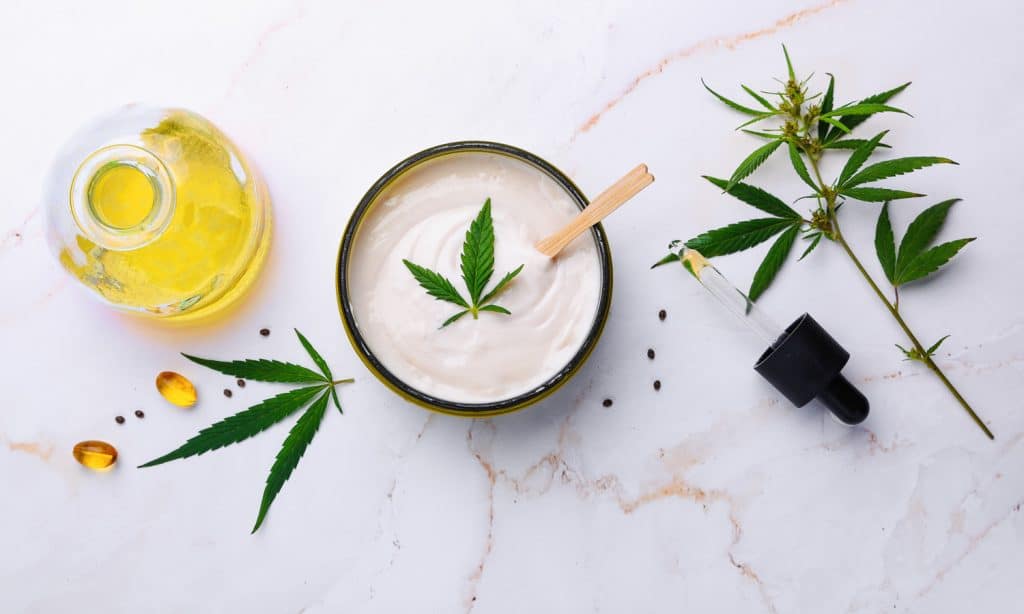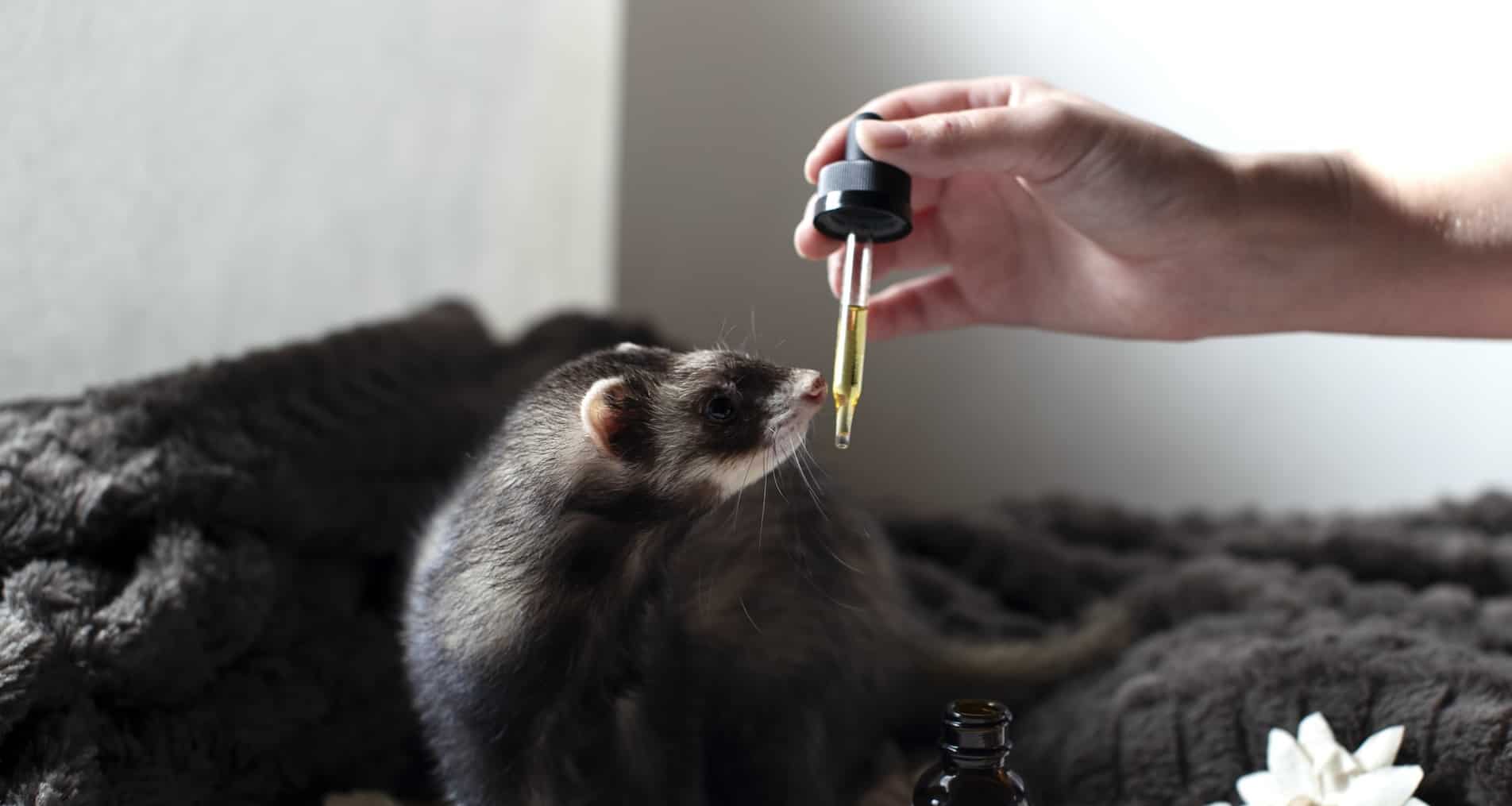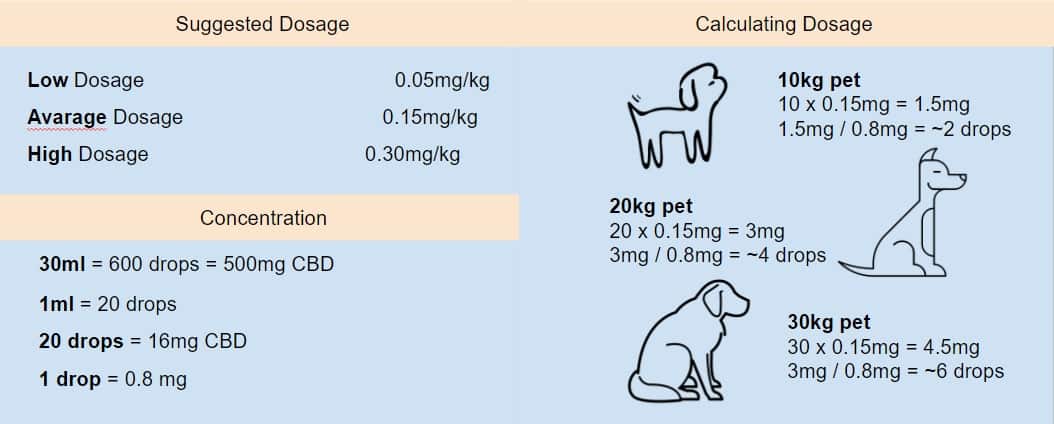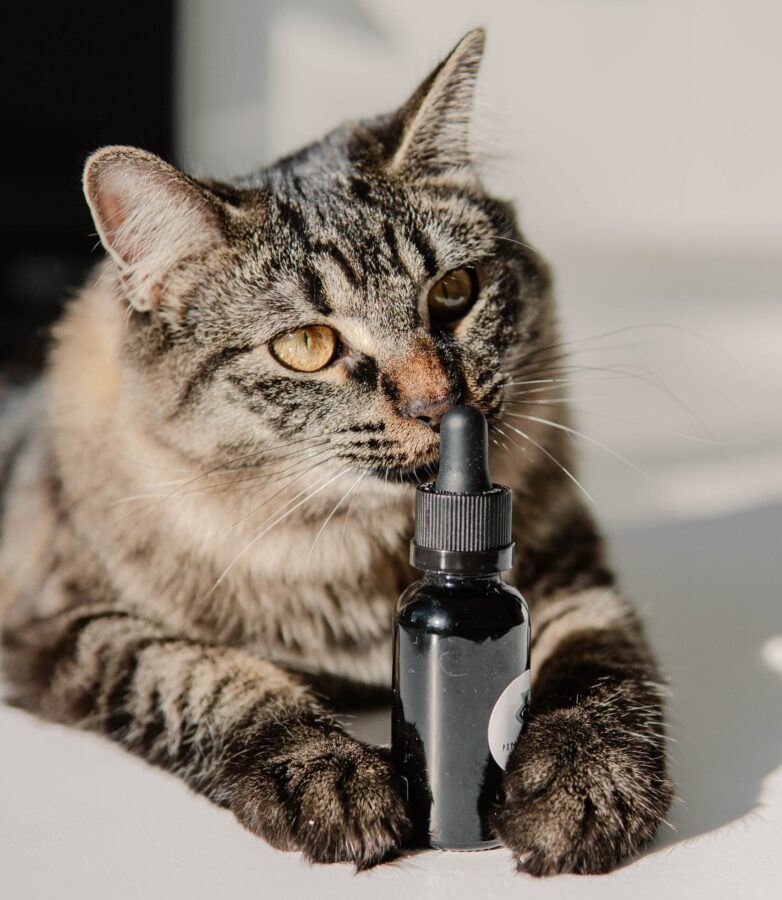Is CBD legal in the Netherlands?
Who hasn’t heard about the Dutch relaxed attitude towards cannabis and its products? Some cannabis enthusiasts seem to have almost a religious devotion towards cannabis coffee shops in the Netherlands. But is the same progressive stance true for the CBD market?
CBD has been moving upwards in the past decade. It is one of the latest trends in the health and food industry. There are more and more people using CBD products in Europe and around the world. We believe this is due to the promising research that scientists are discovering with CBD.
We are sure that you have come across some articles describing how good CBD is supposed to be for your well-being. In this article, Essentia Pura will try to answer the question: What are the laws regarding CBD in the Netherlands?
You are probably thinking that this will be a short and boring article. After all, the Dutch government tolerates cannabis use in coffeeshops, so why would it have issues with CBD? Well, things are not quite so straightforward. In fact, the whole thing is rather confusing.
If you are interested in the topic, please read on. In this article you will learn:
- What is CBD?
- The difference between hemp and marijuana.
- Some possible medical effects of CBD.
- Is CBD legal to use in the Netherlands?
- Where to buy CBD in products in the Netherlands?
- How to start your own CBD business in the Netherlands?
The Basics of CBD
Let us start with some basic information about CBD in general. Cannabidiol (CBD) is a component of the cannabis plant. To say this in simpler words, CBD is derived from cannabis. Now there is more than one type of cannabis plant. In order to better understand CBD and its regulation, we must first explain a bit about cannabis plants. For our purposes, it will suffice to discuss the difference between hemp and marijuana.
Marijuana
Marijuana is without any doubt the more famous of the duo. Especially in the Netherlands, marijuana is what most of the buzz is about and cannabis tourism is a part of our image of Amsterdam.
The main aspect of marijuana is a component known as THC. This part of the plant is the one responsible for the intoxicating feeling you get from marijuana. You know, the famous “high” feeling. This intoxication is also the main reason why authorities are wary of the plant and usually regulate it, or even outright prohibit it.
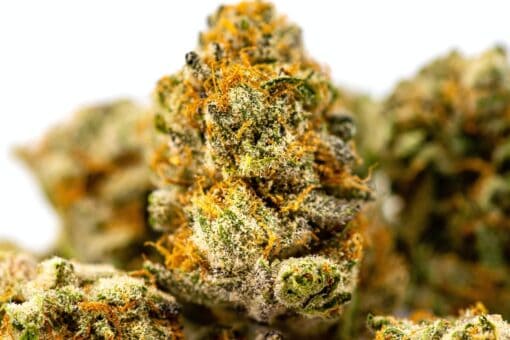
So how is Marijuana regulated in the Netherlands?
Well, despite the popular opinion claiming otherwise, marijuana is actually illegal in the Netherlands but is considered to be in the soft drugs category, this means that the sanctions will be more lenient than if you have hard drugs. According to the Opium act, it is illegal to grow, cultivate, sell, deliver, carry, and transport drugs in or outside the Netherlands.
It is however decriminalized for personal use. Coffee shops in Amsterdam and recreational use are tolerated. So for our purposes, is its legal? Well, no.
If you are a consumer the difference is minor, but there can be some nuisance for you. That the government tolerates recreational use essentially means that authorities should not bother you just for smoking cannabis. On top of that, as long as you have up to five grams of cannabis you should be fine – however, what you have can be confiscated. To ease your mind, this usually happens on border crossings or when they stop you in your car.
If you have up to 30 grams of marijuana, it will be treated as a misdemeanor – you will get a fine. Any drug possession above that can get you into more serious trouble, but still not as serious as if you have hard drugs. So make sure you stay within the boundaries of the laws.
Looking For Wholesale CBD Products
We’ve got you covered. We offer a diverse selection of CBD products that have been proven successful in the market and are ready to sell immediately.
Wholesale CBD products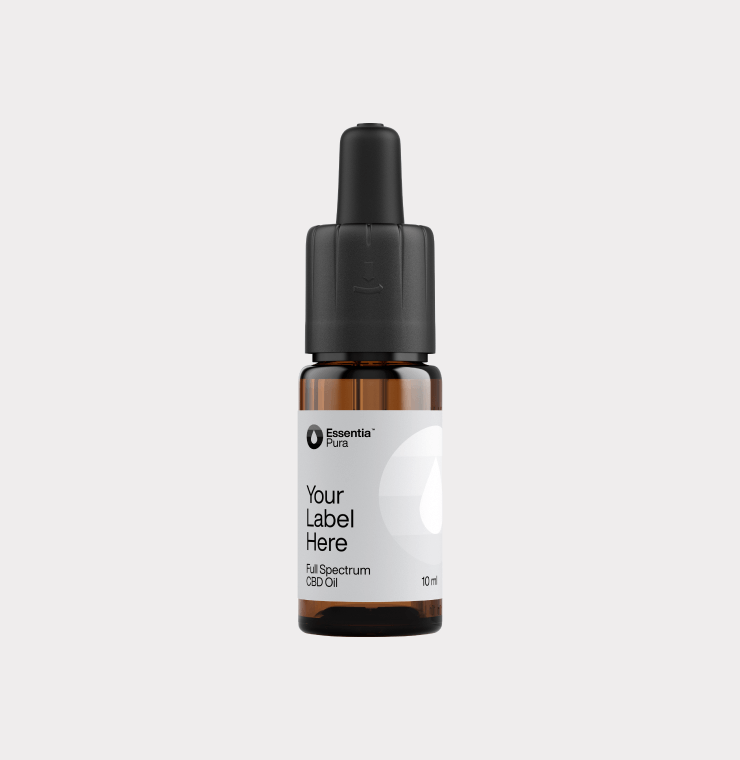
Coffeeshops
We all know about the famous Amsterdam coffeeshops where you can freely use cannabis. How does this work if cannabis is not legal? Well ever since the 1970s, the authorities sort of let coffeeshop owners do their thing and they tolerate some amount of drug use in the country as a fact of life. The result of that decision of course was that coffeeshops started springing up all over the place, significantly cutting off the black market.
Medicinal cannabis
Cannabis products are being used more and more even in the pharmaceutical industry. This means that doctors now prescribe cannabis for medical use. Medical cannabis is legal in the Netherlands since 2003. There are currently 5 medical cannabis drugs on offer in Dutch pharmacies, that have different levels of THC and CBD.
Hemp
The second variant of the cannabis plant is hemp, sometimes known as industrial hemp since it is used a lot in textile and other industries. The crucial difference between hemp and marijuana is in its THC content. So hemp has virtually no THC, but it is still very rich in CBD, making it very useful for people that want to harness the health benefits of CBD while avoiding intoxication that is caused by THC.
As we said above, hemp plants have been used in western societies for thousands of years. Despite the long tradition and important cultural heritage of hemp the Opium act, at least technically, prohibits it. There had been an amendment in the government that now allows for cannabis cultivation if the THC content is below 0,2%.
Hemp cultivation is only allowed with a permit that must be granted to you by the government. We advise you to talk to a local professional that will guide you through the process.
Back to CBD in the Netherlands
So to recap, CBD is a component of the cannabis plant and it does not get you high. CBD oils have low THC content so they do not have psychoactive effects. Nonetheless, they retain the possible health benefits that come from CBD. There is an increasing amount of research that is showing that you can use hemp cannabidiol (CBD) for pain management, anxiety, and similar issues
You might be wondering how exactly is CBD derived from the cannabis plant?
In short, scientists extract CBD from the plant so that they isolate it from other cannabinoids. Most importantly, they separate it from the psychoactive substances (THC). They can then use the extracted substance to make CBD-infused cannabis oil or other products.
Regulation of CBD in the Netherlands
So what do Dutch laws say about CBD? As we explained above CBD is a cannabis derivative. Consequently, this means that CBD is considered a soft drug under the Opium act. But as we have also shown, there is a rift between how the governments regulate cannabis on paper and how it enforces the rules. So how do the authorities treat CBD oil?
CBD is in grey area since the Opium act does not mention it directly. It is still supposed to be part of the drugs. But, as things currently stand CBD with less than 0,05% THC level is tolerated by the government and is sold over the counter all across the Netherlands. This is significantly less than the content allowed for hemp production, which causes problems for CBD oil producers. But if you are a consumer you can still order CBD oil and other products online from the common market in Europe. In this case, the THC limit is a bit higher – 0.2%.
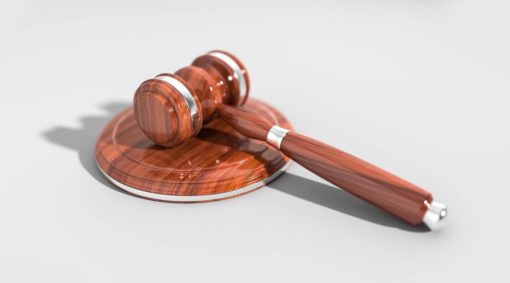
There are even more significant problems with CBD production in the Netherlands. It seems that under current Dutch laws, hemp can only be grown in the Netherlands. Apparently, this means that hemp must be exported, and then finished CBD oil or other products are imported back to the Netherlands.
Buying CBD in the Netherlands
As we explained above, buying CBD oil is not a problem in the Netherlands. You can do that online or in person, although legal THC levels are different. The upside of the online shopping experience is without a doubt a wider variety of products that are available. Almost all CBD producers in the EU community have an online store. But even if you prefer going to a physical store you can still find a lot of them in Amsterdam and other major cities across the country.
On top of that, you should be careful to avoid any shops that make exaggerated health claims regarding their products.
Private Label For Custom Solutions
Retail-ready formulas not your type? Reach out and develop your own custom formulation.
Private label CBD products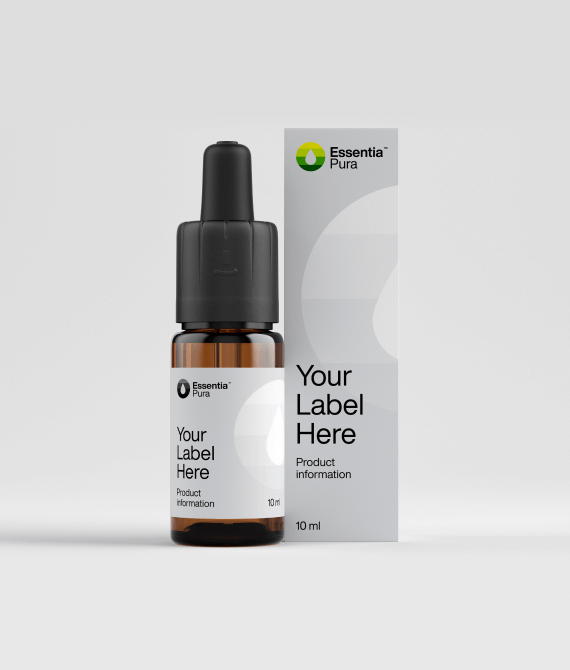
Selling CBD in the Netherlands
If you are thinking about selling CBD in the Netherlands your company should of course strictly follow all regulations regarding CBD and cannabis. You have the option of selling online or having an in-person, maybe even both. The e-commerce route offers you a bigger market and maybe a bit more security as you only need a warehouse and a website. There is however a unique position of the Netherlands in the CBD and cannabis community, which you can capitalize on with an in-person store.
We recommend that you thoroughly examine your supplier beforehand. Focus on whether they follow all essential cannabis laws so that you avoid any legal troubles. You should only work with accredited buyers and dealers of CBD products. Your supplier should show you CBD oil that does not contain THC and is extracted from hemp. Check that they follow other guidelines issued by the authorities.
If you are looking for a partner to supply your CBD-related shop, Essentia Pura is a Slovenian company that offers the bulk sale of CBD extracts. We take pride in ensuring strict compliance with national and EU regulations. We are a trusted wholesale partner for your CBD-oriented company with plenty of experience.
If you have any questions regarding the bulk sale of CBD oil and other products, as well as any legal questions about cannabis regulations in Slovakia or other EU member states contact us at our email address.
Conclusion
So what is the verdict? Yes, CBD oils are legal in the Netherlands, but things are not as straightforward as the public thinks. So let us quickly review the article:
- There are two types of cannabis, hemp, and marijuana.
- Both are rich in CBD, but hemp contains very little THC which gets you high.
- Cannabis use is tolerated in the Netherlands but is still a soft drug.
- People are using more cannabis and CBD oil every year.
- Selling cannabis and CBD is permissible only in certain conditions – coffee shops, pharmacies, etc.
- Medical use of cannabis is legal in the Netherlands.
- There are currently five medical cannabis remedies in Dutch pharmacies
- CBD derived from hemp plants is legal, if it contains less than 0,5% THC.
- CBD products can be sold both in-person and online.
2023 update:
In the Netherlands, CBD enjoys a stable legal status, fostering a thriving market with diverse products gaining popularity.1 Authorities approach CBD as a novel food with care, subjecting products to rigorous evaluations for safety and labeling compliance.3 Prioritizing consumer protection, the Netherlands embraces responsible practices as CBD’s potential benefits are explored by consumers and businesses alike. This approach ensures the industry’s growth while safeguarding public health in this rapidly evolving market.2
We hope this gave you an answer to most of your questions regarding CBD in the Netherlands. If you want any additional information, do not hesitate to contact us, our staff will get back to you as soon as possible.
You are also welcome to read our articles about other countries:


